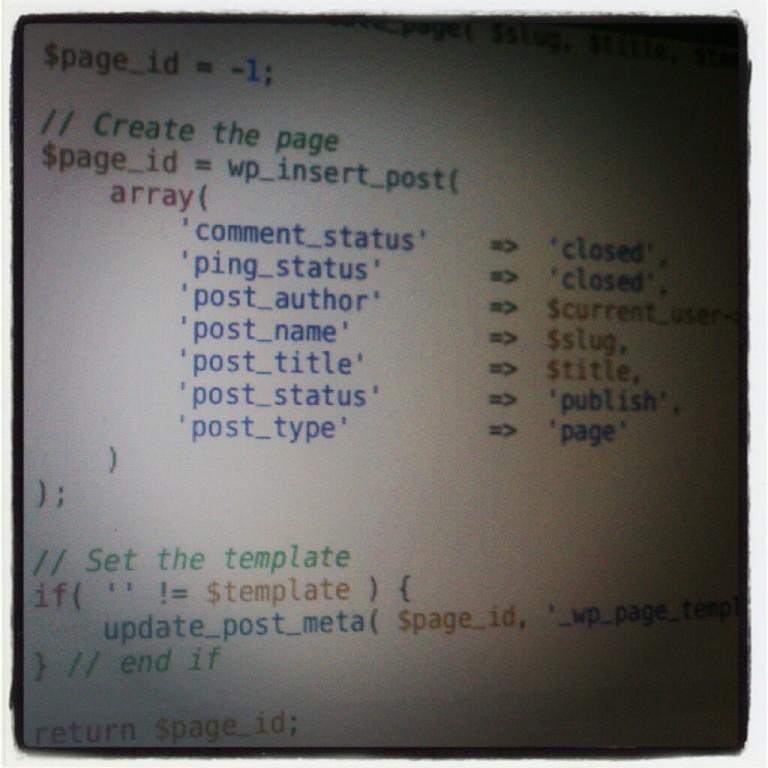17 Ways Setting Fitness Goals Can Keep You Focused and Track Your Progress

In a world where distractions are just a click away and time seems to slip through our fingers, staying focused on our fitness journey can feel like an uphill battle. Whether you’re a seasoned athlete or just beginning to explore the realm of health and wellness, setting clear fitness goals can serve as a powerful beacon of direction. This article delves into 17 dynamic ways that establishing these goals not only sharpens your focus but also provides a tangible framework for tracking your progress. From transforming abstract aspirations into manageable milestones to fostering a sense of accountability, discover how goal setting can turn motivation into measurable achievements, guiding you toward a healthier, more fulfilling lifestyle. Join us as we explore the multifaceted benefits of fitness goals and unlock the potential within your personal health journey.
Harnessing Motivation Through Goal Setting
Setting fitness goals is not just about reaching a destination; it’s about the journey itself, and leveraging motivation through this process can lead to sustainable habits. By clearly defining your objectives, you create a roadmap that transforms aspiration into action. This clarity helps in maintaining focus, as you can regularly remind yourself of the milestones you’ve set. The satisfaction of checking off small achievements not only boosts confidence but also serves as a continual source of inspiration. Consider setting goals that are Specific, Measurable, Achievable, Relevant, and Time-bound (SMART) to maximize efficacy.
To further bolster motivation, visualize your success through various practical strategies. For instance, maintaining a fitness journal allows you to track daily workouts and record how you feel after each session. This reflection can illuminate patterns in your performance and mood, guiding future goal revisions. Engage in activities like sharing progress on social media or participating in group challenges to cultivate a supportive community around your fitness journey. Furthermore, you can enhance your experience by using a simple table to evaluate your goals, ensuring they remain aligned with your progress and mindset.
Goal Type
Description
Deadline
Weight Loss
Lose 10 pounds by following a balanced diet and workout routine.
3 months
Endurance
Run a 5K without stopping, gradually increasing distance each week.
6 weeks
Strength
Increase squat weight to 150 pounds by consistent training.
2 months
By embracing these methodologies, you can not only keep your motivation fresh but also create a fulfilling progression in your fitness journey. Establishing a habit of goal-setting will allow your ambition to flourish, making the entire experience both rewarding and enjoyable.
Measuring Success: Effective Tracking Strategies
To truly understand how far you’ve come in your fitness journey, implementing effective tracking strategies is essential. One way to ensure you’re measuring your progress accurately is by utilizing various tools and methods suited to your personal goals. Consider using a combination of **fitness apps** and **wearable technology** to monitor your workouts, heart rate, and overall activity levels. These tools can offer immediate feedback and help you identify trends in your progress. Additionally, keeping a **fitness journal** can be incredibly valuable; jotting down your workouts, feelings, and any obstacles encountered allows for a deeper reflection on your everyday journey. You may also find that setting benchmarks, such as reaching a specific weight or completing a certain distance, keeps you motivated and gives your tracking efforts more context.
Moreover, tracking doesn’t have to be complicated. Start with simple metrics that align with your specific fitness goals. For instance, if weight loss is the target, consider monitoring **caloric intake** and **weight fluctuations**. Alternatively, if strength building is your primary focus, tracking the amount of weight lifted in each session can be more relevant. Here’s a quick reference table to illustrate some straightforward tracking strategies:
| Fitness Goal | Tracking Method | Frequency |
|---|---|---|
| Weight Loss | Caloric Intake Log | Daily |
| Muscle Gain | Weight Lifted Log | Weekly |
| Endurance Building | Running Distance Tracker | Per Workout |
| Flexibility Improvement | Stretching Routine Journal | Daily |
Combining these methods allows you to visualize your journey, focus on your improvements, and adjust your strategies when necessary. Remember to stay flexible and open to changing your tracking methods as you evolve in your fitness pursuits.
Building Resilience and Overcoming Setbacks
Fostering an environment that prioritizes mental and physical strength is vital when it comes to navigating life’s hurdles. When focusing on fitness, it’s easy to become discouraged by the inevitable setbacks that accompany any journey. However, by setting clear and achievable fitness goals, individuals cultivate a mindset geared toward resilience. Engaging in regular exercise not only releases endorphins but also teaches the art of perseverance. By acknowledging challenges as opportunities for growth, you can reinforce your determination and adapt to changing circumstances, ultimately giving rise to a more robust sense of self-discipline.
To enhance your ability to bounce back from difficulties, consider implementing a structured approach to your goals. Here are **some strategies** that can help you maintain focus and adapt through setbacks:
- **Set SMART Goals:** Specific, Measurable, Achievable, Relevant, Time-bound objectives facilitate clarity and enable tracking progress.
- **Reflect on Progress:** Take time to review your journey regularly, noting both achievements and setbacks, and use this reflection to propel you forward.
- **Establish a Support System:** Whether through workout partners or online communities, surrounding yourself with supportive individuals can foster resilience.
- **Celebrate Small Wins:** Acknowledging minor accomplishments feeds motivation, keeping your spirits high even amid challenges.
| Goal Type | Examples |
|---|---|
| Short-term Goals | Workout 3 times a week |
| Medium-term Goals | Run a 5K in 3 months |
| Long-term Goals | Complete a marathon next year |
Embracing setbacks as an integral part of the fitness journey can transform your approach and increase your likelihood of success. Each hurdle crossed only strengthens your resolve, turning temporary obstacles into enduring lessons. In navigating these ups and downs, you’re not just reaching for fitness goals but also building invaluable life skills that enhance your overall well-being.
Final Thoughts
As we draw this exploration of fitness goals to a close, it’s clear that the journey toward a healthier, more active lifestyle is not solely about the destination, but rather the milestones we set along the way. By embracing the 17 strategies outlined, you can transform your fitness aspirations from mere wishes into actionable plans, keeping you focused and accountable on your path to wellness.
Remember, each goal you set serves as a compass, guiding your efforts and offering a sense of accomplishment that can inspire progress in every aspect of your life. As you embark on this rewarding journey, let these goals act as building blocks—small yet powerful steps that can pivot you toward a more fulfilling existence.
So, take a moment to reflect on your intentions and set your sights high. The road may challenge you, but with determination and clear benchmarks in place, you’ll find that progress is not only measurable, but also deeply rewarding. Here’s to elevating your fitness journey, one goal at a time!





